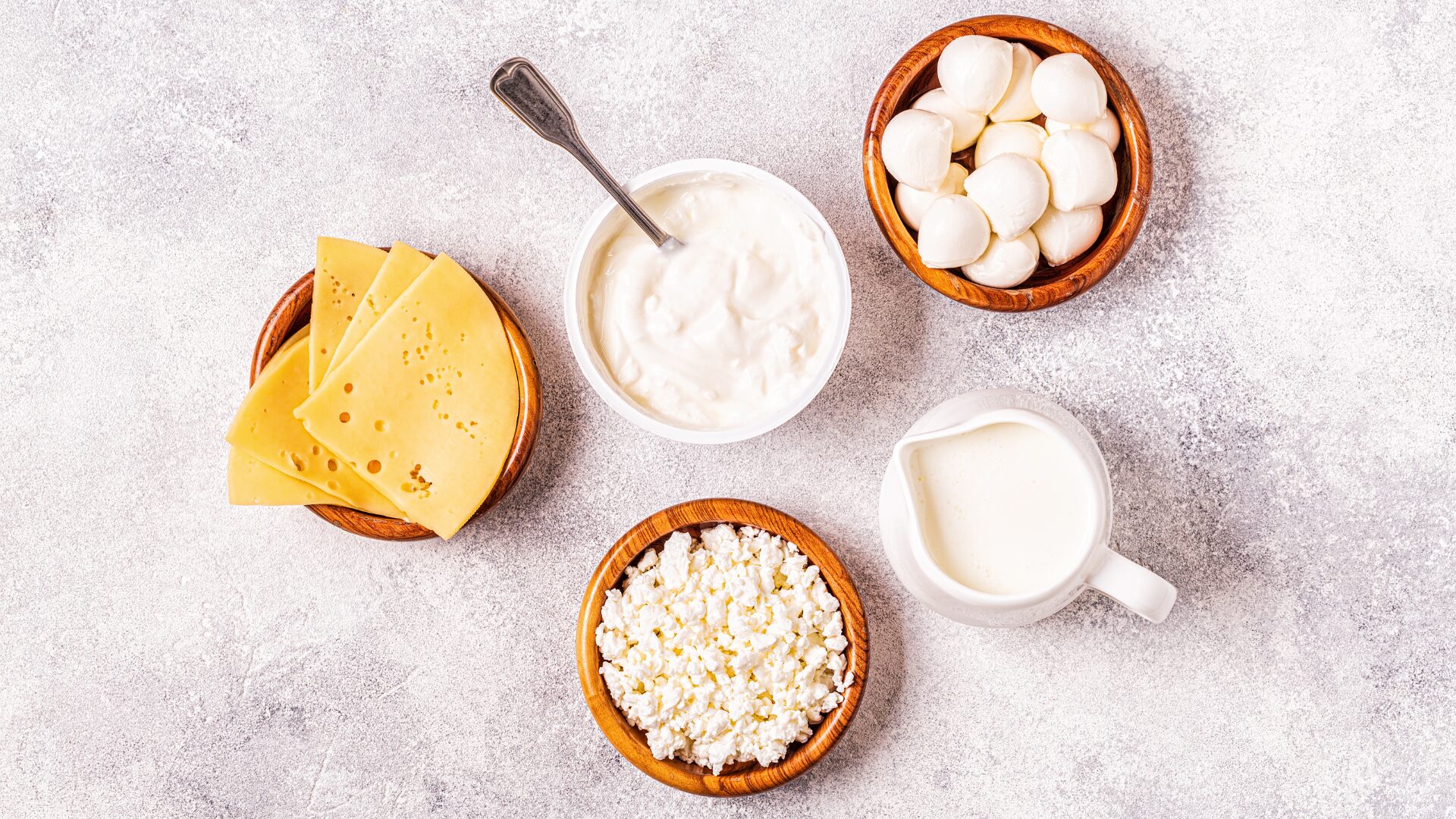Looking to maintain a gluten-free lifestyle in 2024? Discover the top gluten-free tips for navigating the year with ease and confidence. From finding delicious alternatives to staying up-to-date on trends, make 2024 your best, gluten-free year yet!
10 Effective Teas for Weight Loss
Discover the power of teas for weight loss! From green tea to ginger tea, learn how these brews can suppress appetite, boost metabolism, and promote overall well-being. Get ready to reach your weight loss goals with the right cup of tea by your side.
10 Tips for Women to Gain Healthy Weight
Looking to gain healthy weight? Check out these 10 practical tips on setting goals, focusing on nutrient-dense foods, increasing calorie intake, eating regularly, incorporating strength training, staying hydrated, managing stress levels, getting sufficient sleep, and monitoring progress. Start your weight gain journey today!
Tips and Tricks to Reduce Body Odor for Women
Discover effective tips and tricks tailored for women to reduce body odor. Say goodbye to discomfort and embrace confidence with these simple techniques.
Simple Tips for Reducing Dairy Consumption
Looking to reduce dairy consumption? Discover simple tips and practical advice for finding alternatives to dairy products and transitioning to a dairy-free lifestyle.
7 Fast Tips for Weight Loss for Women
Looking for fast weight loss tips for women? Discover 7 manageable and effective tips to help you reach your goals. Improve your health and achieve a happier you!
Tips for Reducing Your Sugar Intake
Discover practical and effective tips to reduce your sugar intake without sacrificing flavor or enjoyment. Take control of your sweet tooth and embrace a healthier, low-sugar lifestyle.
Understanding the Difference: Bloating vs Fat
Discover the difference between bloating and fat with this informative post. Understand the causes, symptoms, and how to manage each condition. Say goodbye to confusion and hello to better health!
How to Build Self-Esteem
Boost your self-esteem and start feeling confident with valuable tips and techniques on how to build self-esteem. Implement strategies into your daily life to cultivate a healthy sense of self-worth.
How to Set Healthy Boundaries and Find Inner Peace
Learn how to set healthy boundaries and find inner peace. Discover the importance of boundaries in relationships, recognize signs of unhealthy boundaries, and develop effective communication skills. Prioritize self-care, align boundaries with personal values, and confidently say ‘no’ when needed. Take control of your emotional well-being and create a more fulfilling and peaceful life.










